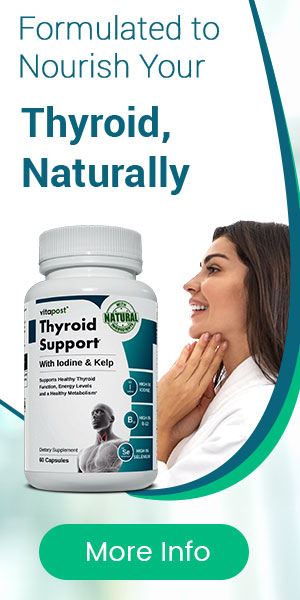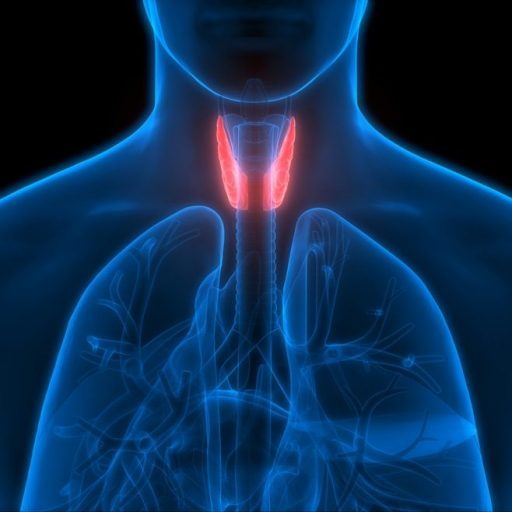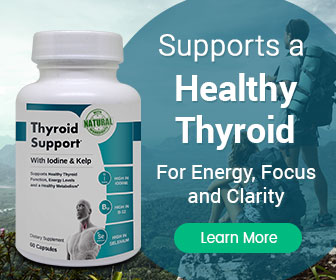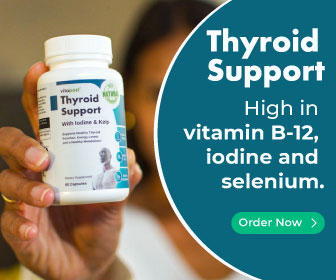What you need to know about vitamins?
Vitamins are organic micro-nutrients essential for good nutrition and are found in plants and animals in small amounts. With depleted nutrition caused by our diet, it is unlikely that we are receiving anything like the levels we need.
Along with minerals, they are necessary as co-enzymes (in conjunction with enzymes) for many bio-chemical reactions. They help to convert the macro-nutrients (carbohydrates, proteins and fats) into bio-available useful forms from which our energy is derived.
We need food and certain minerals to absorb them effectively. They are essential for digestion, elimination, the immune system as well as growth, general health and vitality. For this reason, a deficiency in one can lead to serious health problems because they work together with other vitamins, minerals, enzymes and co-enzymes.
How can vitamin supplements benefit you?
Our need for high levels is increased by stress, smoking and alcohol, eating sugar or drinking coffee. Special restrictive diets, surgery or trauma can also indicate the need for additional supplements. With the stress and frequent changes brought on by busy, high-tech lives, air and chemical pollution, we need all the nutritional support we can get.
Classification
The human body cannot produce most of them, apart from B-complex. They are usually classified as either fat-soluble or water-soluble. The fat-soluble ones are mainly vitamins a, D, E, F and K found in the lipid part of vegetables and animal food sources. The water-soluble ones are mainly B-complex and C.
 Fat-soluble vitamins
Fat-soluble vitamins
Vitamin A, also known as beta-carotene, is present in numerous vegetables, aiding our bodies in fighting infections and offering cellular protection.
Vitamin D, crucial for maintaining bone density, assists in calcium absorption from the intestines.
Finally, Vitamin E, which we can source from grains, nuts, and seeds, serves as an antioxidant. The body uses it to shield us from damaging metabolic by-products, commonly known as free radicals, and environmental pollutants.
Vitamin F are the essential fatty acids important for resilience and lubrication of tissues as well as respiration of cells and organs. Vitamin K aids in blood clotting and prevention of bleeding.
These fat-soluble ones are stored in body tissue, so we can function for a time without obtaining more from our diet. Because of this method of storage, high intake of vitamins A, D and K may build up toxic levels that can cause problems.
Water-soluble vitamins
These include B-complex and C vitamins, primarily found in fruits and vegetables rather than animal-based foods. Unfortunately, they can be easily destroyed during food processing and cooking.
Given their water-soluble nature, our bodies don’t store them in large amounts. Consequently, we need to regularly include them in our diets. This prevents toxic accumulation within the body. Most function as co-enzymes, pairing with a protein to create an active enzyme.
Since our vitamin and mineral sources come from both plants and animals, it’s crucial to consider them as “beneficial supplements”. Ideally, you should consume them with or right after meals. That’s when your body digests and absorbs them most effectively. For those with weak digestion, taking supplements with food usually makes them easier to handle.
 Availability of vitamin supplements
Availability of vitamin supplements
The following supplements are available: tablets, capsules, powders, and liquids.
- Tablets offer simplicity and extended shelf life. However, many contain fillers and binding agents.
- Moving on, capsules are easily digestible and frequently used for fat-soluble vitamins and powders. Intriguingly, you can open capsules, allowing you to spread the powder on food or even apply vitamin A or E oil directly on the skin. In the past, manufacturers used animal gelatine for the capsule casings, but nowadays, more and more are transitioning to vegetarian alternatives.
- Regarding powders, they dissolve rapidly in water or juice, although they may not taste as pleasant as tablets or capsules. These prove useful for those with weak digestion, difficulties swallowing pills, or requiring a higher dose.
- Lastly, liquids function similarly to powders and are particularly suitable for children and babies. Remember to check labels as they often contain added colorings and flavorings. Hospitals sometimes use these supplements in injectable form.
To avoid vitamin deficiencies and to maintain good health a balanced scientifically formulated supplement is necessary.
What to be aware of when choosing vitamin supplements:
- Picking scientifically formulated supplements is crucial for enhanced bio-availability, which ensures the body effectively utilizes them.
- You should also make sure the supplements conform to pharmaceutical standards. Inadequately formulated supplements merely pass through the digestive system and get excreted, providing minimal benefit to the body.
- There needs to be enough of a particular vitamin, mineral, antioxidant or herb to actually make a difference. Trace amounts of herbs are generally not going to be very effective.
- Be sure that the product does not contain any fillers, artificial colors, flavors or other additives.
- Many products contain ingredients that cancel each other out.
- Labels do not always exactly reflect the content of the bottle. There are wide variations in quality and pricing between synthetic and natural ingredients.
 An effective nutritional supplement should be able to:
An effective nutritional supplement should be able to:
- Fortify our immunity
- Improve our brain function
- Produce more energy
- Improve the digestive system
- Assist with weight management and sugar control, where required
- And modulate our hormones to deter the aging process.
Popular vitamin supplements:
- Vitamin A – combats infection and is also important for vision and bone growth derived from beta-carotine or retinol.
- Biotin – helps to normalize fat metabolism and reduce blood sugar levels.
- Folic Acid – essential for cellular growth, such as in pregnancy and aids red blood cell production.
- Vitamin B12 is essential for maintaining healthy nerves and blood cells, and it also plays a vital role in producing DNA, the genetic material.
- Vitamin C acts as an antioxidant and is required for immune system functioning, wound healing, and adrenal function.
- Vitamin D, often referred to as the “sunshine” vitamin, assists in the formation of sturdy bones.
- Lastly, Vitamin E is a potent antioxidant that protects the cells in your body from free radical damage, enhancing the immune system in the process.








